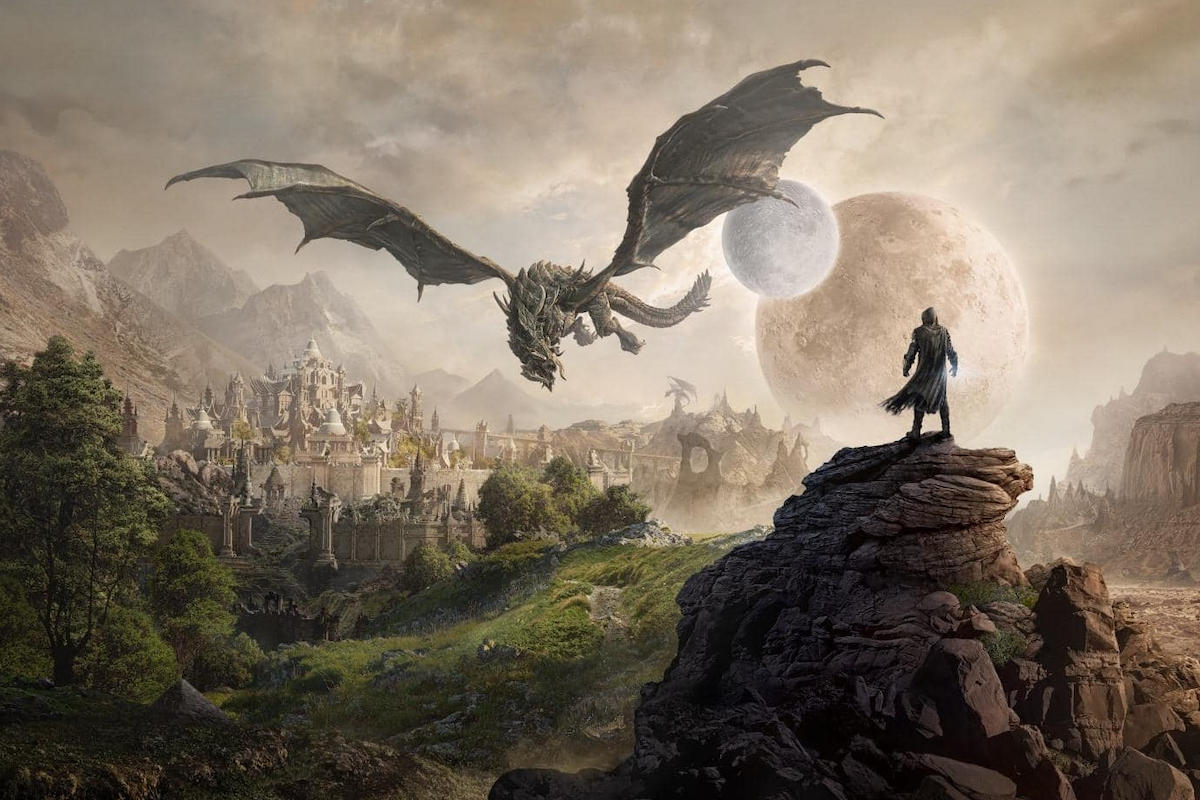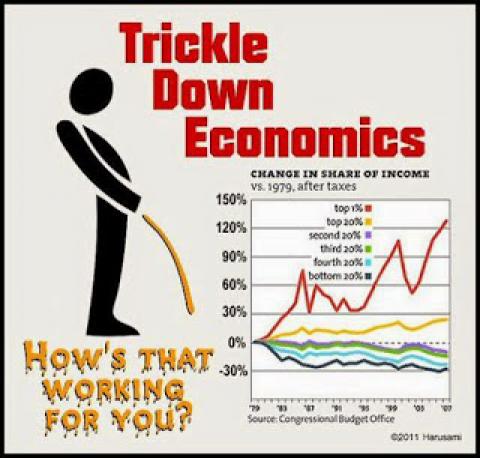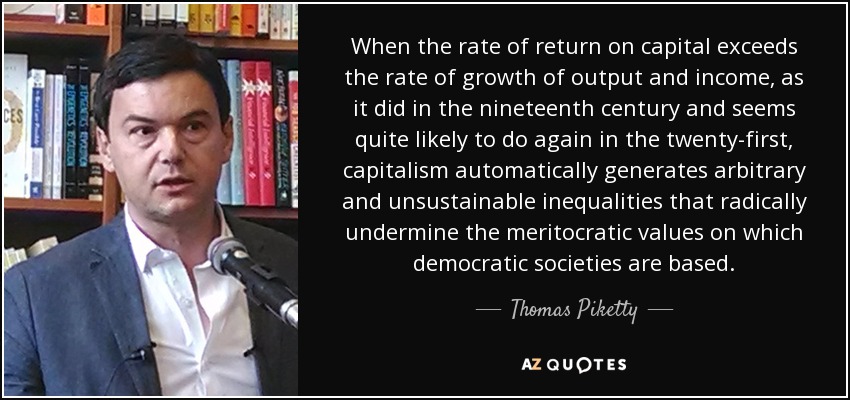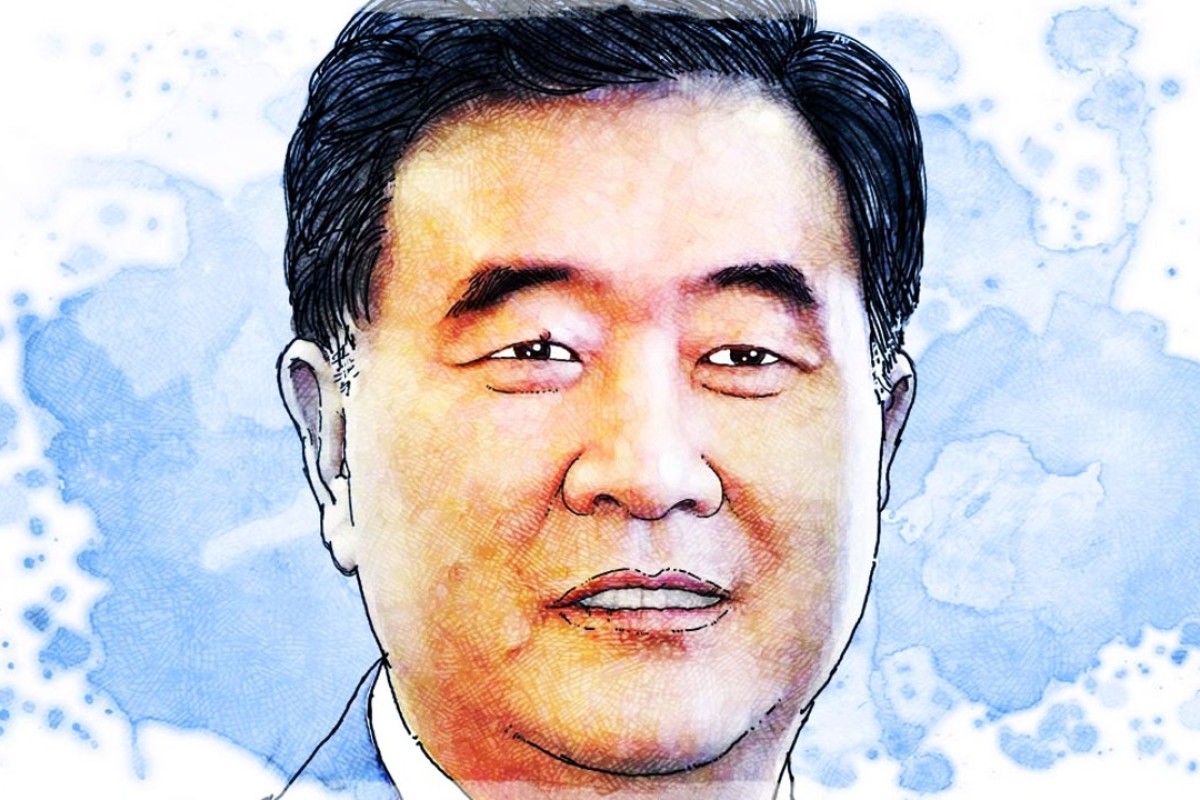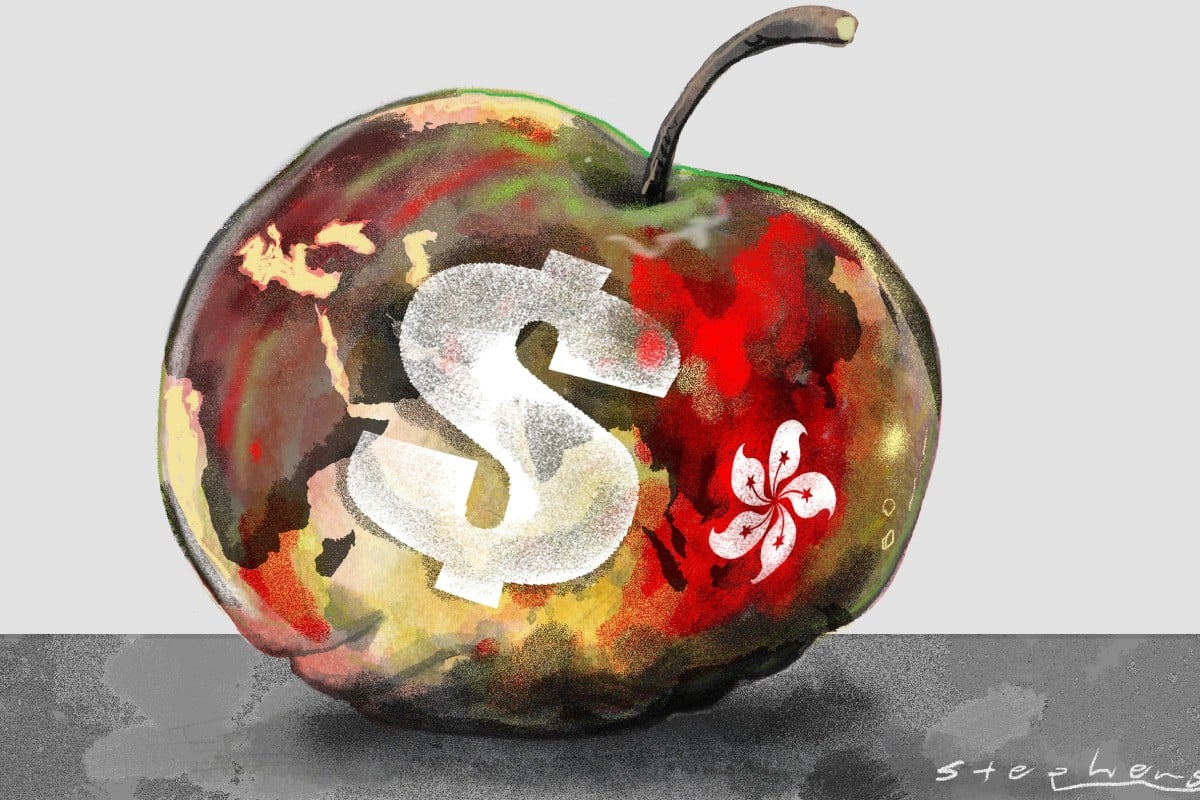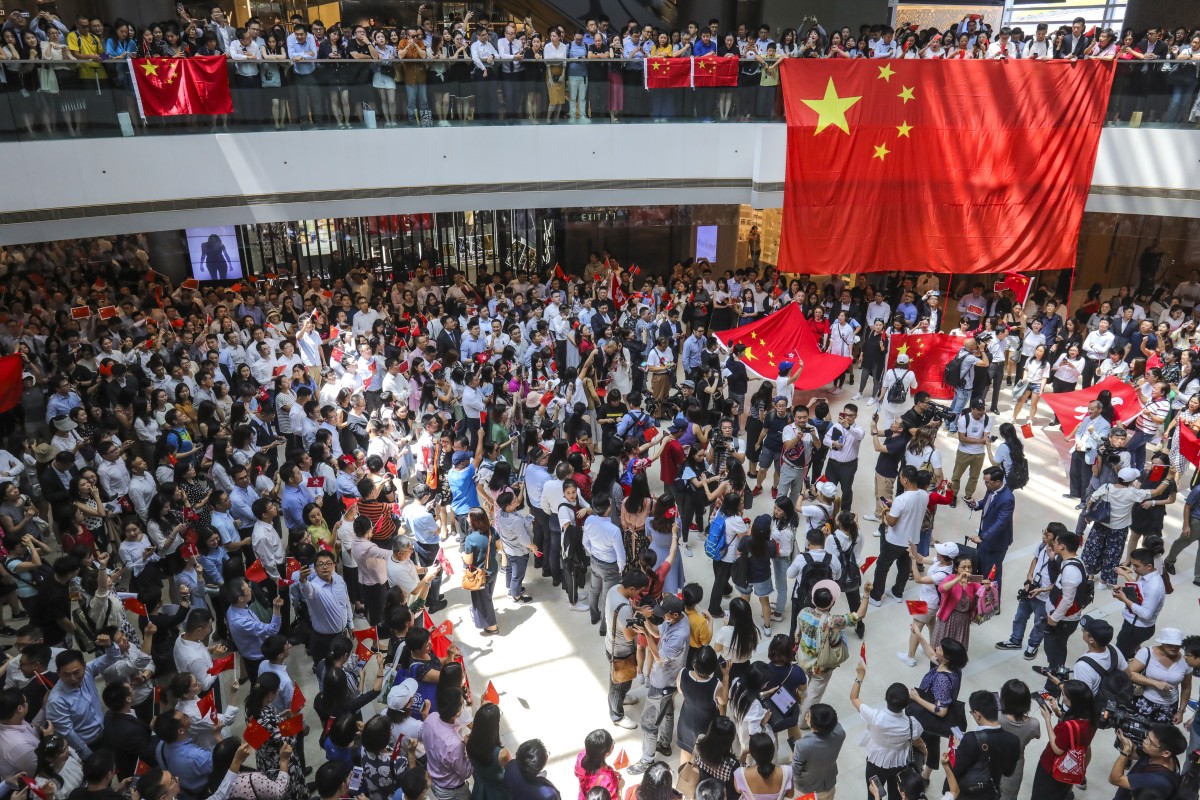The Chinese Communist Party should also open up a branch in Hong Kong. Compete in the local elections. Why does the CCP not have an organizational presence in Hong Kong? Spies and paid infiltrators don't count. If you are so good, if your policies are so good, if your thinking for the future of Hong Kong is so much better, you should be able to attract members.
Instead of trying to squash the political waves in Hong Kong, the CCP should attempt to ride the waves. These waves will go to New York. These waves will go to Mumbai, and London. They will go to Sydney. Johannesburg.
Hong Kong could take the lead on how big cities should be governed globally.
Marxists are supposed to be scientists, not dogmatists. You are supposed to collect data. And make sense of the data. What are the material conditions in Hong Kong? What are the social and economic forces that are in play? The communists in Beijing prop up Hong Kong tycoons in the Hong Kong legislature. What is the irony in that? Tycoons should also contest elections just like everybody else.
The only way, the best way for China to avoid the middle-income trap is by realizing it is now time for political reforms. The trade war has shown China lacks truly cutting edge technologies. It needs to open up and make space for cutting edge stuff. You have to move from potato chips to computer chips.
The Chinese constitution actually promises free speech. You can't do cutting edge research and innovation in a no free speech environment. That is the number one precondition.
China could stagnate. China could collapse. Or China could soar to new heights. If it "wins" the trade war, it stagnates. If it squashes the political waves in Hong Kong, it stagnates. If it is defeated by the trade war and the political waves in Hong Kong, it collapses like the Soviet Union. But if the CCP updates itself and engages in bold scientific thought processes, China sees new heights of prosperity and power.
Hong Kong will show the way, not only to China, but to the world. There is immense dissatisfaction in the democracies of the west. There is a hunger for a new kind of political system, a new kind of economy. There is a hunger for a more plentiful democracy, a more humane economy, a more just economy. And Hong Kong will show the way.
Hong Kong will form the nucleus for a consortium of the 100 biggest cities in the world. One country, two systems is essentially a form of federalism. Beijing can worry about defence and foreign policy. Elected Hong Kong leaders take care of everything domestic. Reaching out to the 100 biggest cities in the world is domestic. It is comparing notes. The 100 biggest cities have more in common with each other than with their own countries.
China says Hong Kong’s protesters have the mainland in their sights In the neighbouring province of Guangdong, many people have surprisingly little sympathy for them ......... “I can sympathise with the protesters in Hong Kong,” says a young saleswoman from Guangdong province, which borders on the territory. “The rule of law, greater democracy—these are good things to be demanding,” she adds, attributing her views to an “open mind” and software that allows her to bypass China’s censorship apparatus. ...... Since the protests broke out in Hong Kong three months ago, officials on the Chinese mainland have been working hard to prevent views like hers from circulating openly. China’s state-controlled media have focused only on the more chaotic aspects of the unrest, portraying participants as a small number of violent separatists in cahoots with foreign “black hands”...... They have ignored the record numbers who have joined peaceful demonstrations and dismissed their pleas for democracy as merely a ruse to achieve independence. So it is hardly surprising that many people echo the government’s line. They often argue that the “rioters” in Hong Kong deserve to be crushed. ......... The saleswoman is a rarity. ........... In an article published last month on the website of Newsweek, Cui Tiankai, China’s ambassador to America, said the biggest threat to China’s “one country, two systems” arrangement for Hong Kong was posed by “ill-intentioned forces” trying to turn Hong Kong “into a bridgehead to attack the mainland’s system and spark chaos across China.”........ On August 19th Xinhua, a government news agency, accused “anti-Chinese Western powers” of trying to unleash a “colour revolution” in Hong Kong that would “penetrate” the mainland. ...... A week later China’s public-security minister visited Guangdong and urged local police to “resolutely defend the great southern gate of China’s political security” by combating “all kinds of infiltration, sabotage and subversion”. ....... Guangdong—the country’s most populous province, with as many residents as France and Spain combined ........ shared culture and language. Many Hong Kongers are refugees from Guangdong, or their descendants. Hundreds of thousands fled from the province to the then British-ruled territory to escape famine or persecution during Mao Zedong’s rule. Inhabitants of both places commonly speak Cantonese, which sounds very different from the mainland’s official tongue, Mandarin. They take pride in the region’s distinct traditions. Many travel back and forth frequently.......... in interviews across the province, few people express sympathy for Hong Kong’s protesters. This is partly the result of the censorship that prevails across China. ........ In 2013, not long after Mr Xi took power, hundreds of people gathered outside the headquarters of Southern Weekend, a newspaper in Guangzhou with a national reputation for its investigative reports. They were protesting against the party’s ban on the publication of an editorial calling on China to uphold its constitution, which notionally enshrines wide-ranging freedoms. Incensed readers gave speeches at the gate. One even called for a competitive multiparty system. But the authorities tightened control over Southern Weekend. A former journalist there says that what was once China’s “boldest” newspaper has been completely tamed.............. In the five years leading up to Mr Xi’s accession, Guangdong’s party chief was
Wang Yang
, a relatively liberal official who was linked with what admiring academics in China called the “Guangdong model”. (Mr Wang is now one of the seven members of the party’s most powerful organ, the Politburo Standing Committee, but shows fewer signs of liberal thinking.) The model included innovations such as making government budgets public—in 2010 Guangdong became the first province to do so—and making it easier for ngos to register. Mr Wang emphasised the need for “thought emancipation” among officials, reviving a slogan promoted by Deng and the then party chief in Guangdong, Xi Zhongxun (Mr Xi’s father, ironically)........ It was on Mr Wang’s watch that thousands of residents of the fishing village of Wukan, in south-eastern Guangdong, rose up in 2011 against local officials who had illegally sold large tracts of collectively owned land to developers.The protesters demanded, and were granted, a free election by secret ballot for the village leadership—a rarity in China.
The villagers’ extraordinary pluck made headlines around the world......... Wukan, meanwhile, has long since reverted to the grip of the local officials whom the villagers had once defied. The leaders they elected were turfed out in 2016....... Reporters who visit Wukan risk detention. On a recent, entirely legal, trip, your correspondent and a colleague were interrogated for hours by plainclothes police. ........ The chill is also evident among ngos. ....... Guangdong’s many Christians are feeling the impact, too. In the past year numerous house churches (informal congregations which often meet in people’s homes) have been shut. One of China’s biggest and best known, Rongguili Church in Guangzhou, which had a congregation of several thousand, was closed last December.A former pastor at the church says the local government cited “fire-safety regulations”.
........... A commentator from Guangdong with more than 3m followers on Weibo, a microblog platform, said last year that more than 90% of Guangdong natives cannot stand to watch even five minutes of China’s annual televised Spring Festival gala. He said people preferred shows from Hong Kong......... Lao Zhenyu, the founder of a popular local news website, writes that when he was at primary school in Guangzhou in the 1980s, he was taught in his native Cantonese. Now, he notes, some schools in the city ban the use of it even during breaks............ A young native of Guangzhou admits to feeling “more culturally at home in Hong Kong than Beijing”. But he says education in China, which stresses patriotism, has “completely inoculated us” against even thinking about siding with Hong Kong’s protesters. Others are less diplomatic. Asked about the demonstrators, an old man strolling outside Jinan University in Guangzhou huffs, in broken Mandarin, that the army should “just kill them all”............. If Guangdong is resistant to contagion from Hong Kong, it is likely that the rest of the country is immune, too. China’s liberals have never drawn much inspiration from the territory’s democratic aspirations. Its politics have not exerted the same fascination as that of Taiwan, where democratisation in the 1980s and 1990s offered hope to some observers on the mainland that the same might happen in China..........The 70th anniversary on October 1st of the founding of the People’s Republic is fast approaching.
Hong Kongers are widely expected to spoil the occasion by holding a mass pro-democracy demonstration that day. Short of unleashing the army in Hong Kong with a mandate to use extreme force—which the party now seems reluctant to do—it is hard to see how the central government can stop it. It can, however, step up efforts to prevent copycats in the mainland.Wang Yang – the ‘joker’ and reformer in Xi Jinping’s new pack The former Guangdong party chief is known for being a committed economic reformer as well as his loyalty to the president ........ best known outside the country for the unlikely image of a senior Chinese politician cracking jokes at a Sino-US summit......... Wang broke the stereotype of the humourless and bland Chinese Communist Party technocrat by jesting that China and America’s relationship was like a marriage, but then quipping that this did not mean that he and the then US treasury secretary Jack Lew would be entering into a same-sex relationship......... “We cannot go for a divorce like Wendi Deng and Rupert Murdoch have done,” he joked. “It would be too big a price to pay.”.......... Wang’s remarks at the US-China Strategic and Economic Dialogue in Washington four years ago had some members of the Chinese delegation squirming in their seats ....... Inside China, Wang is best known as a committed economic reformer ......... has been promoted to a seat among the nation’s top leaders – the seven members of the Politburo Standing Committee......... was particularly high profile when he served as party chief in China’s industrial powerhouse Guangdong province from 2007 to 2012. ........ Guangzhou becoming the first city in China to publicly publish its budget and making it easier for people from poorer areas to migrate to the big cities for work......... His pro-market, more liberal approach become known as the “Guangdong model” and it was contrasted at the time with the “Chongqing model” promoted by the megacity’s former party chief Bo Xilai who favoured state-owned enterprises and traditional socialist values. Bo was later jailed for life for corruption. ........ Wang’s catchphrase during the initiative to refocus Guangdong’s economy was: “Empty the cage and let the right birds in”. ...... It was during his tenure in Guangdong that Wang also attracted international attention by ending the protests over land seizures by officials in the village of Wukan. The three-month stand-off against the local government in 2011 ended peacefully with Wang’s unusual decision to dismiss officials, redistribute land and allow a village election......... More than 55 million people were lifted out of poverty in Chinese rural areas from 2013 to 2016 ....... Wang, 62, comes from Suzhou in Anhui province and quit school at 17 to work in a food processing plant.
Hong Kong: Let The Dragon Grow Up https://t.co/KdAUmnPymM #HongKong #hongkongairport #HongKongProtestors #HongKongProtests #HongKongPolice #hongkongstrong #HongKongWay #FreedomHK
— Paramendra Kumar Bhagat (@paramendra) September 14, 2019
